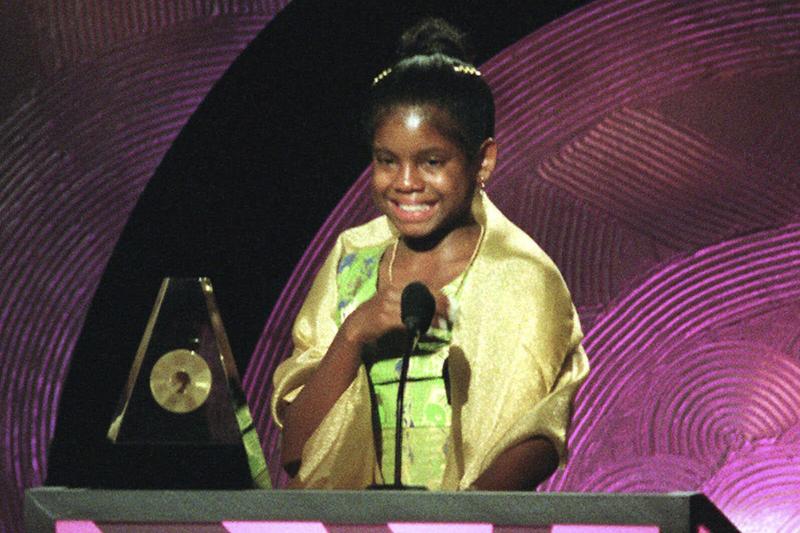How Actor Danielle Brooks 'Already Won' Before The Oscars

Danielle Brooks, nominated for an Academy Award for Best Supporting Actress following her masterful portrayal of Sofia in the 2023 remake of “The Color Purple,” discusses her journey to the Oscars with host Kai Wright.
Brooks was the sole representative at the 96th Academy Awards from last year’s film adaptation. The first time novelist Alice Walker’s story met the silver screen, directed by Steven Spielberg, it earned 11 Academy Award nominations but notably took home no gold. “The Color Purple” later evolved into a musical, premiering on Broadway in 2005. Brooks stepped into the role of the brazen and spirited Sofia for the 2015 revival of that show, all while playing Tasha “Taystee” Jefferson in the Netflix series “Orange is The New Black.”
Brooks talks about her rise to fame, overcoming impostor syndrome in Hollywood and her next film project, which is quite a departure from projects she’s taken on before.
Tell us what you think. We're @noteswithkai on Instagram and X (Twitter). Email us at notes@wnyc.org. Send us a voice message by recording yourself on your phone and emailing us, or record one here.
Notes from America airs live on Sundays at 6 p.m. ET., and listeners to the broadcast and podcast are invited to join the conversation at 844-745-TALK(8255). Podcast episodes are lightly edited from our live broadcasts.

